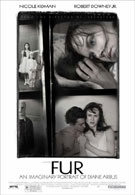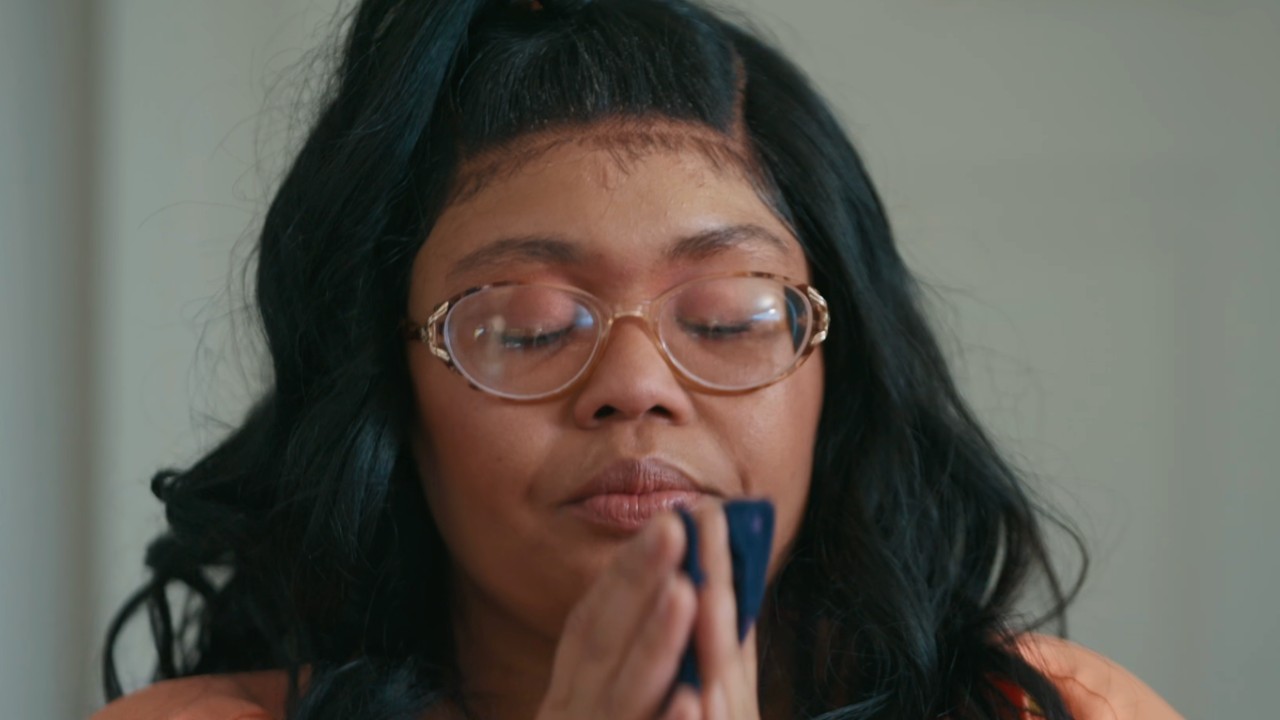Diane Arbus may have been one of the most interesting American photographers of the 20th century—mainly taking pictures of freaks and social outcasts—but the new movie about her life is no work of art. Fur: An Imaginary Portrait of Diane Arbus is a fictionalized retelling of what the famed artist experienced in the late 1950s, while tiring of her conventional housewife role and striving to leave a creative imprint. But instead of giving us a reason to care, the movie’s message appears hazy and out of focus, like a Polaroid picture that was prematurely shaken.
Director Steven Shainberg and writer Erin Cressida Wilson (the duo behind the wickedly erotic Secretary) have managed to take a captivating woman—who discovered art in the ‘50s, and then suicide in the ‘70s—and turn her into a monotonous, self-involved bore. Part of the blame falls on casting: Nicole Kidman is the wrong woman for the part, unable to shake the lengthy gazes, furrowed brow, and heavy breathing she discovered in Birth. Her character seems like a cross between Virginia Woolf and Laura Brown in The Hours; a not-so-delightful mix of depression and delusion, guided by several pages torn from a bad parenting handbook.
We are supposed to feel sorry for Diane (pronounced Dee-Ann) because she is the lackey of a successful fashion and advertising photographer (Ty Burrell) who prepares models for their close-ups while she fades into the background. But she lives in financial comfort, her husband is supportive and caring, and their 2 daughters don’t seem half bad, either. Enter Lionel (Robert Downey Jr.), the mysterious new upstairs neighbor with a condition that causes hair to sprout on every inch of his flesh—and while he may resemble Chewbacca on the outside, inside he is just another pensive, artistic soul longing for a love connection. He finds it with Diane.
Meanwhile her husband, aiming to compete with this new object of desire, begins to grow a thick beard, and the daughters start to wonder where their mommy went. Is infidelity somehow less offensive if the person they are cheating with has a birth defect? That is the type of off-kilter logic that Shainberg and Wilson try to unsuccessfully propose with Fur, when they should have learned their lesson from Imagine Me & You: just because the central love affair isn’t typical or heterosexual, doesn’t make it any more acceptable—or interesting.
Moral ambiguity aside, Fur, based on Patricia Bosworth’s book “Diane Arbus: A Biography,” takes itself far too seriously to be taken seriously. At its core, what we have here is the story of a selfish, sulking housewife who feels like a freak, and, in order to feel normal, hangs out with actual freaks. How noble. The film steers clear of the typical biopic format, but during its 122 minute running time, tells us nothing about the artist that we couldn’t learn more poignantly from any of her photographs.
Your Daily Blend of Entertainment News

